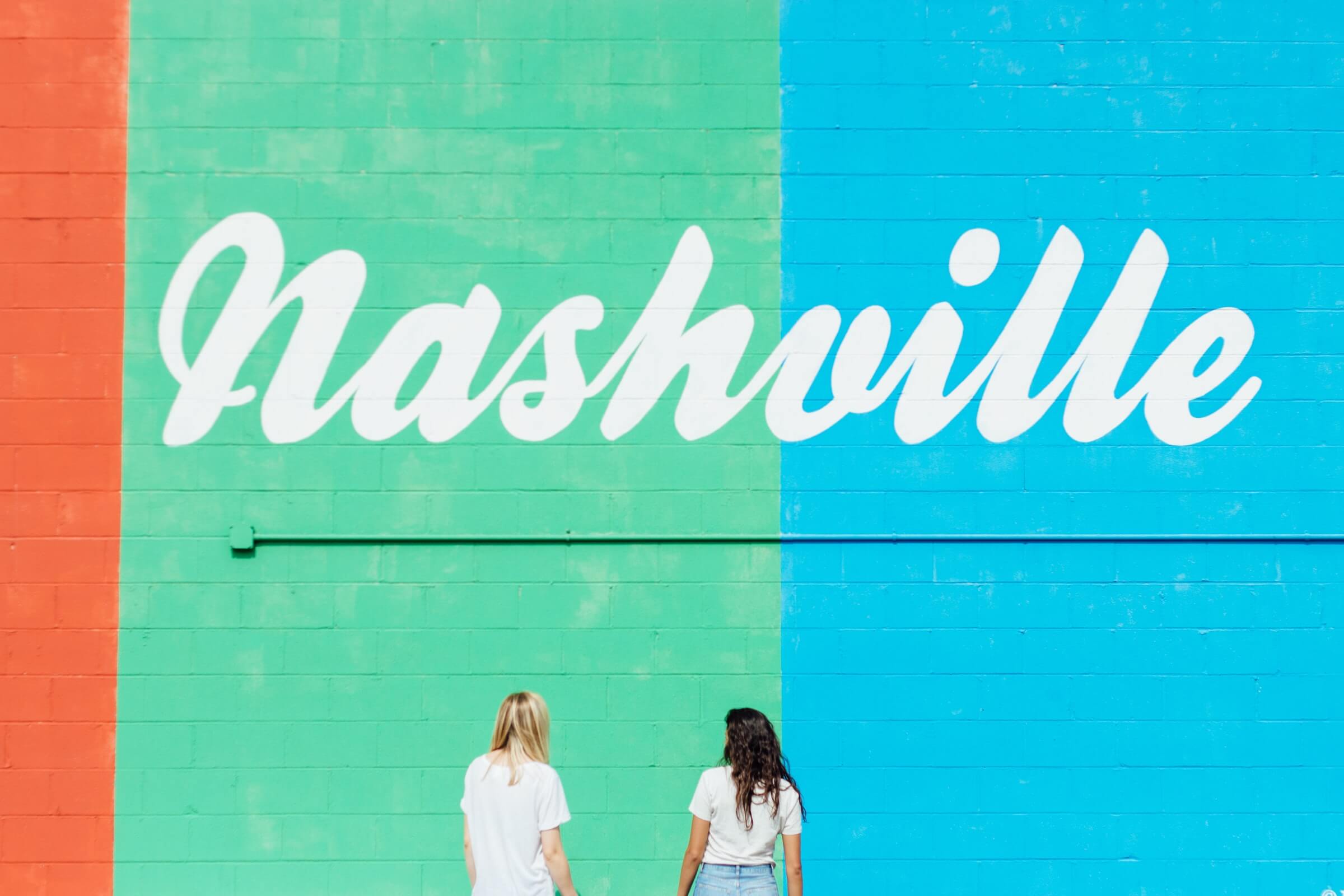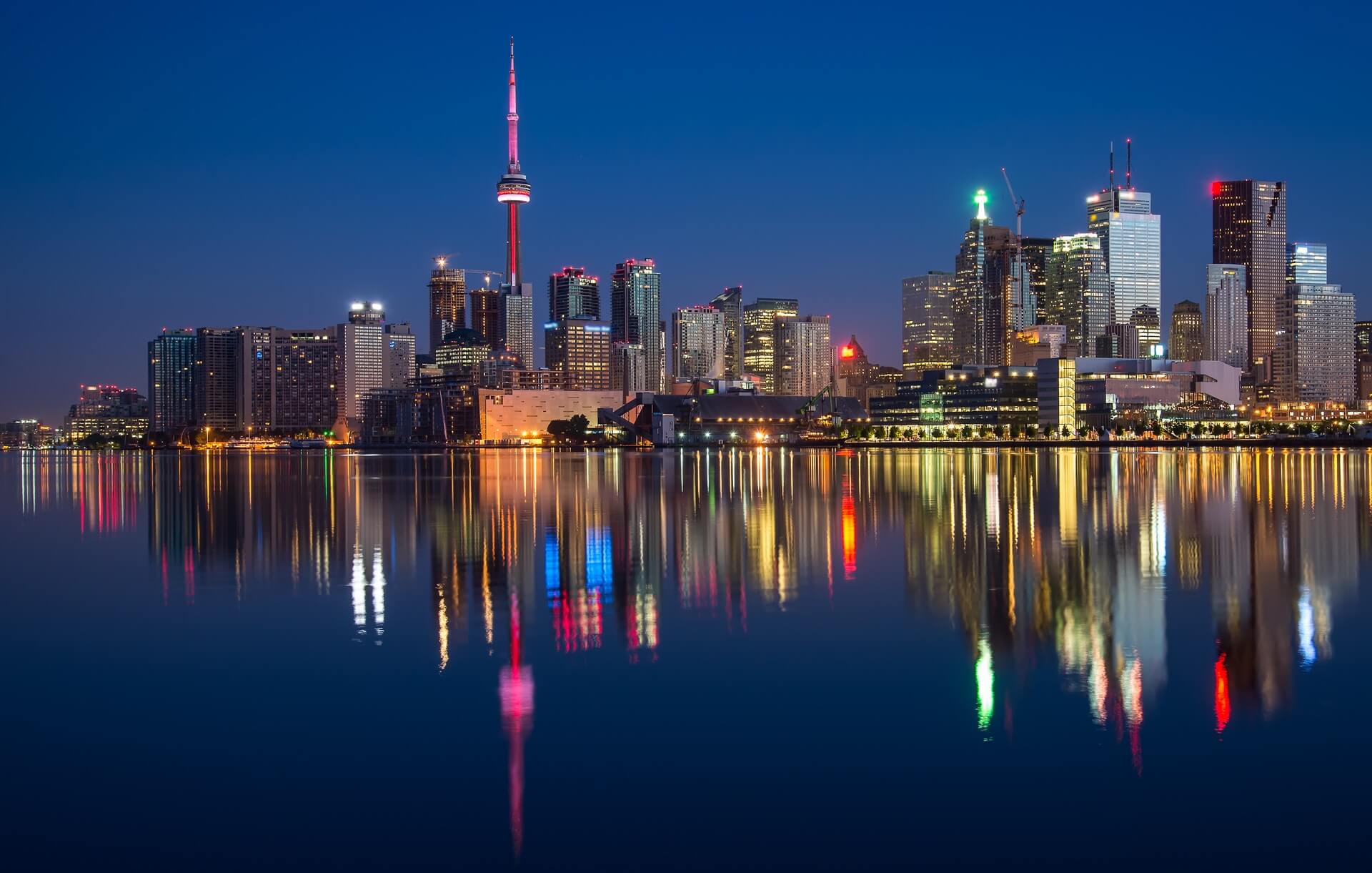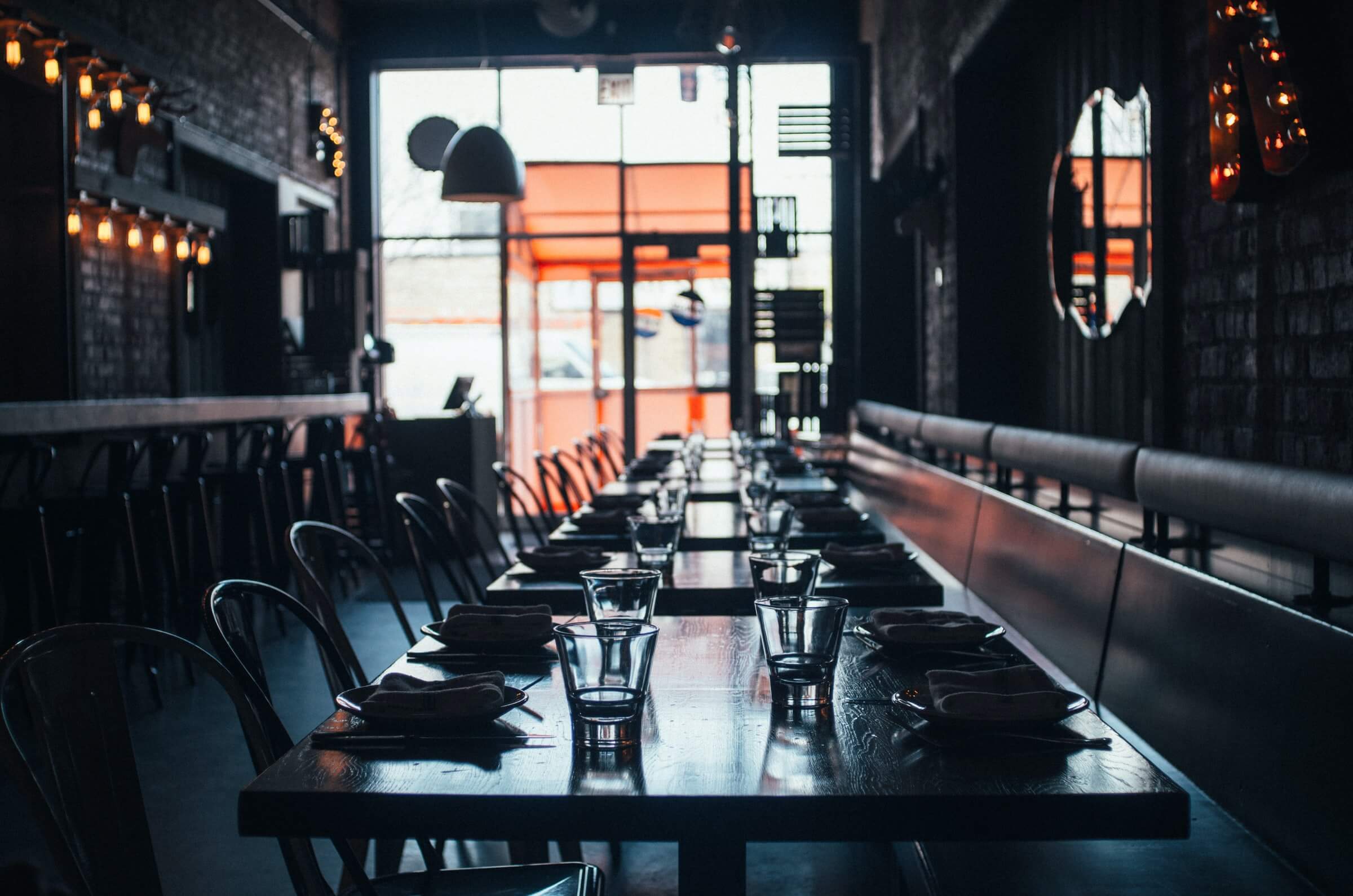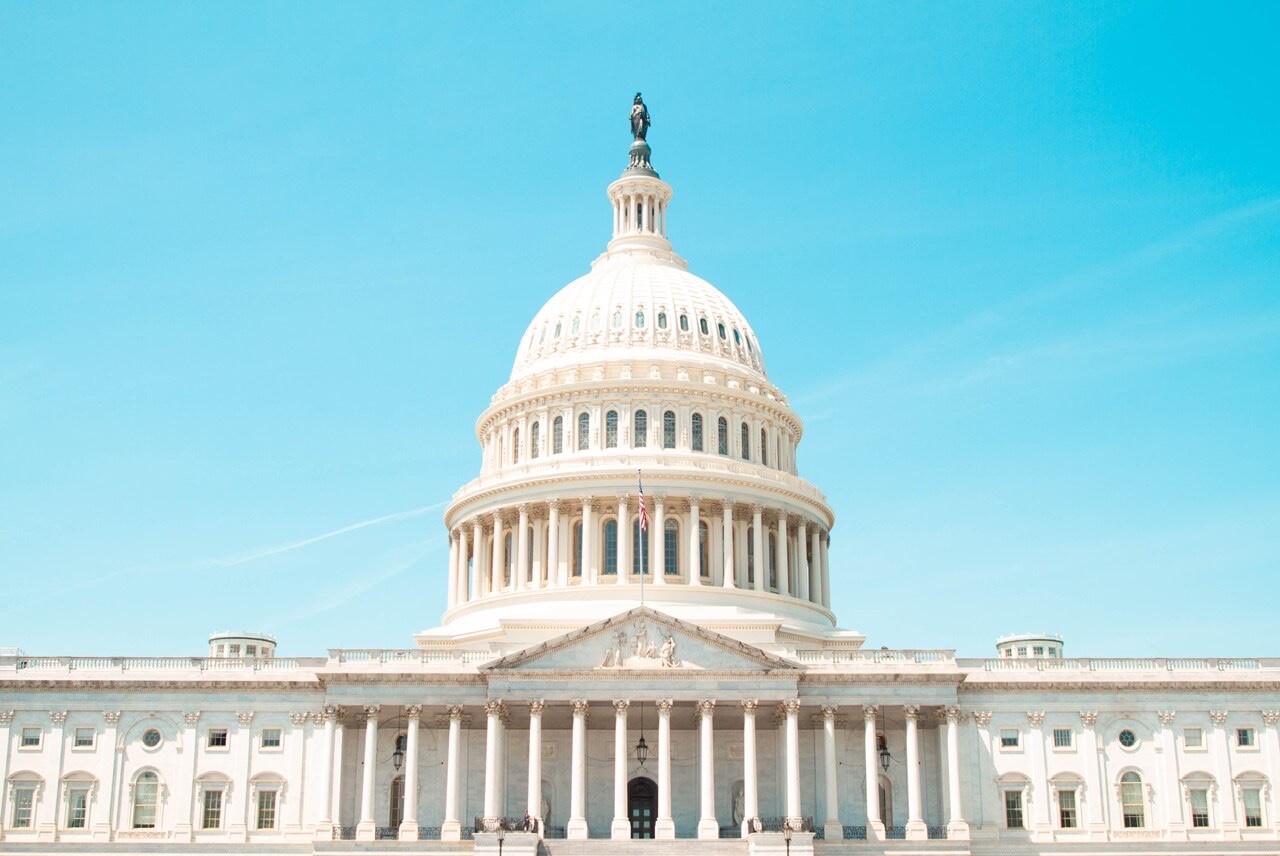Current Restaurant and Bar Restrictions: Las Vegas, Nashville, Philadelphia, Orlando
by David Klemt
KRG Hospitality has turned hospitality industry visions into reality throughout the United States for several years.
Currently, we operate in Las Vegas, Nashville, Philadelphia and Orlando, along with the surrounding areas. Of course, we’re available to take projects from the idea phase to opening doors and beyond in other markets.
We’ve reviewed and gathered the current Covid-19-based restrictions for each of the four main US markets in which KRG operates to help current operators and those considering taking the next steps in their journey toward opening their own businesses.
To book a 15-minute introductory call to discuss your project and how we can help you realize your vision, click here.
Las Vegas
Set to expire on January 15, Nevada’s statewide “pause,” first implemented on November 24, was extended January 11 for a further 30 days. Guidance can be found here.
Requirements
- Restaurants and bars must reduce capacity from 50 percent to 25 percent for both indoor and outdoor dining.
- Bar seating must be social distanced.
- Walk-ins are prohibited. Guests must make reservations.
- Masks must be worn when a guest isn’t eating or drinking.
- No more than four people may share the same table.
- Nightclubs and dayclubs aren’t permitted to open.
Recommendations
- Curbside, delivery, and/or takeout are encouraged.
- Restaurants and bars should continue to make hand sanitizer available and conduct health screenings and/or temperature checks.
- Limit personal gatherings to ten people from a maximum of two families.
- Wear masks at indoor and outdoor gatherings.
Nashville
Among Nashville’s restaurant and bar guidance is the “No Seat, No Service” mantra. Additional requirements and recommendations are below, and detailed information can be found here.
Requirements
- All residents and all visitors must wear face coverings when in public.
- Restaurants and bars limited to 5o-percent capacity, with social distancing.
- Tables must be socially distanced. Limited to eight people per table.
- Surfaces must be cleaned after they’ve been used by patrons.
- Standing at the bar is prohibited–bars are seated-service only.
- Remember “No Shirt, No Service”? The new rule is “No Seat, No Service.”
- Customers must wear a mask when standing up and walking through the restaurant or bar.
- Entertainment is permitted but barriers must be in place between performers and customers. However, dance floors are prohibited.
- Bar games and activities like darts, arcade games, etc., must be sanitized in between uses.
- Last call for service is 10:00 PM, which is also the cutoff for entry.
- No self-service food or condiments are permitted.
Recommendations
- Governor Bill Lee urges Tennesseans to wear a mask, gather only with immediate household members.
- Display this sign to show commitment to mandated and recommended health and safety rules and practices.
- Use contactless, virtual or disposable menus.
Philadelphia
The current restrictions went into effect November 20. Click here for the full list of requirements and recommendations. You’ll find the city’s complete hotel guidance here.
Requirements
- Required protections: Masks, Barriers, Staff education, Employee symptom screening and isolation of infected employees, Ensure employees can remain six feet away from one another; Handwashing on employee arrival and in accordance to established food safety precautions, Follow Department of Public Health Food Safety regulations.
- 25-percent capacity of stated fire code occupancy.
- Guests may not stand in the restaurant or sit at the bar.
- Alcohol may only be served on-premises if it’s part of the same transaction as a meal.
- Table capacity of four people of the same household or less.
- Outdoor dining capacity limited to fewer than 50 people.
- Operators must plan for inclement weather in regards to outdoor dining.
- No entertainment permitted.
- Indoor catered events prohibited.
- Last call for orders must take place at 11:00. Business must be closed for service by midnight.
Recommendations
- Servers should wear face shields and/or goggles along with a mask.
- Temperature checks for employees and customers aren’t required but no-touch thermometer should be used by establishments that choose to conduct them. Anyone with a temperature of 100.4 degrees or higher should be turned away.
- Consider using physical barriers in between tables.
- Use contactless payment methods.
- Promote online ordering, delivery, and curbside pickup options.
Hotel Requirements
- Required protections: Provide masks to employees, Staff education, Employee symptom screening and isolation of infected employees, Ensure employees can remain six feet away from one another; Provide employees hourly handwashing breaks.
- Separate staff from customers at ticket and information desks with plastic barriers.
- Utilize contactless room service delivery.
- Outdoor events and gatherings are prohibited from exceeding 10 percent of maximum occupancy (maximum of 2,000 persons), even with masks and social distancing. If no maximum occupancy is known, occupancy may not exceed more than 10 persons per 1,000 square feet.
- Remove self-serve F&B stations from public areas.
- Remove magazines, menus, and other reusable items that can’t be cleaned from guest rooms.
- Indoor gatherings and events are prohibited.
Hotel Recommendations
- Use contactless payment methods.
- Increase building ventilation.
Orlando
Unlike Las Vegas, Nashville and Philadelphia, Orlando, because it’s located in Florida, has lifted restrictions on restaurants. Section 3: Restaurants of Executive Order 20-244 states:
“Pursuant to Chapter 252, including sections 252.36(5)(b ), (g) and (h), Florida Statutes, and in order to safeguard the economic vitality of this state, any restaurant may operate as set forth below.
“A. Restaurants, including any establishment with a food service license, may not be limited by a COVID-19 emergency order by any local government to less than fifty
percent (50%) of their indoor capacity. If a restaurant is limited to less than one hundred percent (100%) of its indoor capacity, such COVID-19 emergency order
must on its face satisfy the following:
“1. quantify the economic impact of each limitation or requirement on those restaurants; and 2. explain why each limitation or requirement is necessary for public health.
“B. Nothing in this order preempts or supersedes a non-COVID-19 municipal or county order.
“Section 4. Suspension of COVID-19-related Individual Fines and Penalties This order, consistent with Executive Order 20-92, suspends the collection of fines and
penalties associated with COVID-19 enforced upon individuals.”
The order that closed bars has also been rescinded: “Bars and other alcoholic beverage vendors may operate for consumption on premise effective Monday, Sept. 14th
under Phase 2… Adhere to social distancing rules, table seating [six feet] between tables. Alcohol allowed for take-out and delivery.”
However, Executive Order 20-192 is still in place and states:
“WHEREAS, on March 17, 2020, I issued Executive Order 20-68, as extended by Executive Order 20-112, which authorized the Department of Business and Professional
Regulation to ensure all restaurants implement employee screening and to prohibit any restaurant employee from entering the restaurant premises if he or she meets certain criteria indicative of concerns related to COVID-19.”
More details can be found here.
Last updated: January 27, 2021. Please note that Covid-19 guidance, restrictions and protocols are subject to swift change. One should monitor their state, county and city for the latest updates.





